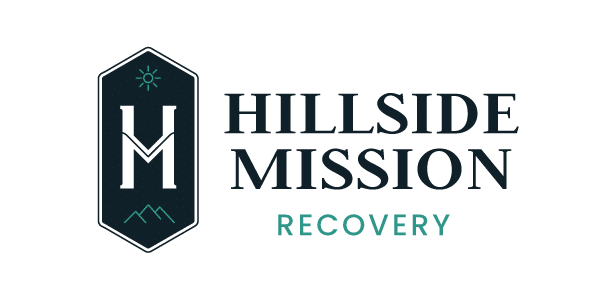Dealing with a loved one with a drug addiction is a difficult situation. Often, once we notice that our loved one has a drug addiction, it has already progressed to the point that they need the help of a professional treatment facility to break the addiction. However, getting them to accept that they need help and then actually go and get help can be even more challenging. That’s when one of the best ways to help is by holding an intervention for substance abuse. Interventions have been used for a long time to help convince those with an addiction to get the help they need.
Hillside Mission Recovery is here for you when you have a loved one dealing with addiction, and we want to give clients and their families the resources they need to battle addiction and get on the road to recovery. In this post, we are going to discuss how to do an intervention for drug addiction, the signs of substance abuse, when an intervention for a drug addict is needed, and the purpose of a drug intervention.
What Are the Signs of Substance Abuse?
Depending on the person and the substance they are abusing, there are some clear signs that a person is addicted if you know where to look. For instance, many drug abusers start to show signs of detachment from family and friends in favor of doing drugs or drinking. They may neglect things they used to like doing and show disinterest in going out or being with others.
They will often lie about their behavior or change their daily routine in order to support their habit. This is sometimes out of fear or shame that what they are doing is wrong, and other times it is because they have the intense need to continue using despite the consequences.
Once a person is fully addicted, they begin to resort to whatever means they need to continue use. This may mean they neglect family duties, get in trouble at school or work, or even get in legal trouble trying to score more of the drug. For these reasons, getting someone to get help before the substance abuse spirals out of control can help not only the person addicted, but also their family and friends.
What is the Purpose of a Drug Intervention?
A drug intervention is not just about telling someone that they have a drug addiction; it is about getting them to realize that they have the addiction and getting them to want to get help themselves. For this reason, interventions are meant to be held in a neutral safe space where family and friends can express their concerns about the addiction while also offering support to the person addicted.
By showing support and giving the person reasons why their drug addiction is a problem not only for themselves, but for their loved ones, the goal is to get them to admit that the addiction is a problem. Admitting that there is a problem is the first step to getting help. From there, the goal is to get them to agree to go into treatment voluntarily, rather than trying to force them to get help.
When is a Drug Intervention Needed?
While there’s no clear answer to this question, the best option is to hold an intervention once you notice that a person has begun abusing drugs and it has negatively impacted their life. The sooner you address the situation, the better it will be for all parties involved. Unfortunately, an intervention is often only held once things have reached a point of no return for the person addicted and their family.
The sooner a person realizes they have an addiction and agrees to get help, the sooner they can stop the damage that is being done by the addiction.
How to do an Intervention for Drug Addiction
Hosting an intervention is stressful and doing it right is the difference between someone getting help and driving them further toward addiction. The most critical factor in holding an intervention is to make the person feel safe and supported and that getting help is the right choice.
Once they agree to get help, the next step is to get help at an addiction treatment facility in Southern California like Hillside Mission Recovery. Our inpatient residential rehab is designed to treat the individual, not the drug, and get to the root of the addiction.
We have a highly trained medical staff in a calming and relaxing environment and offer a variety of treatment options and Southern California aftercare support to maximize the chances of long-term sobriety.
If you know someone who is ready to get treatment for an addiction, then contact Hillside Mission Recovery today!






